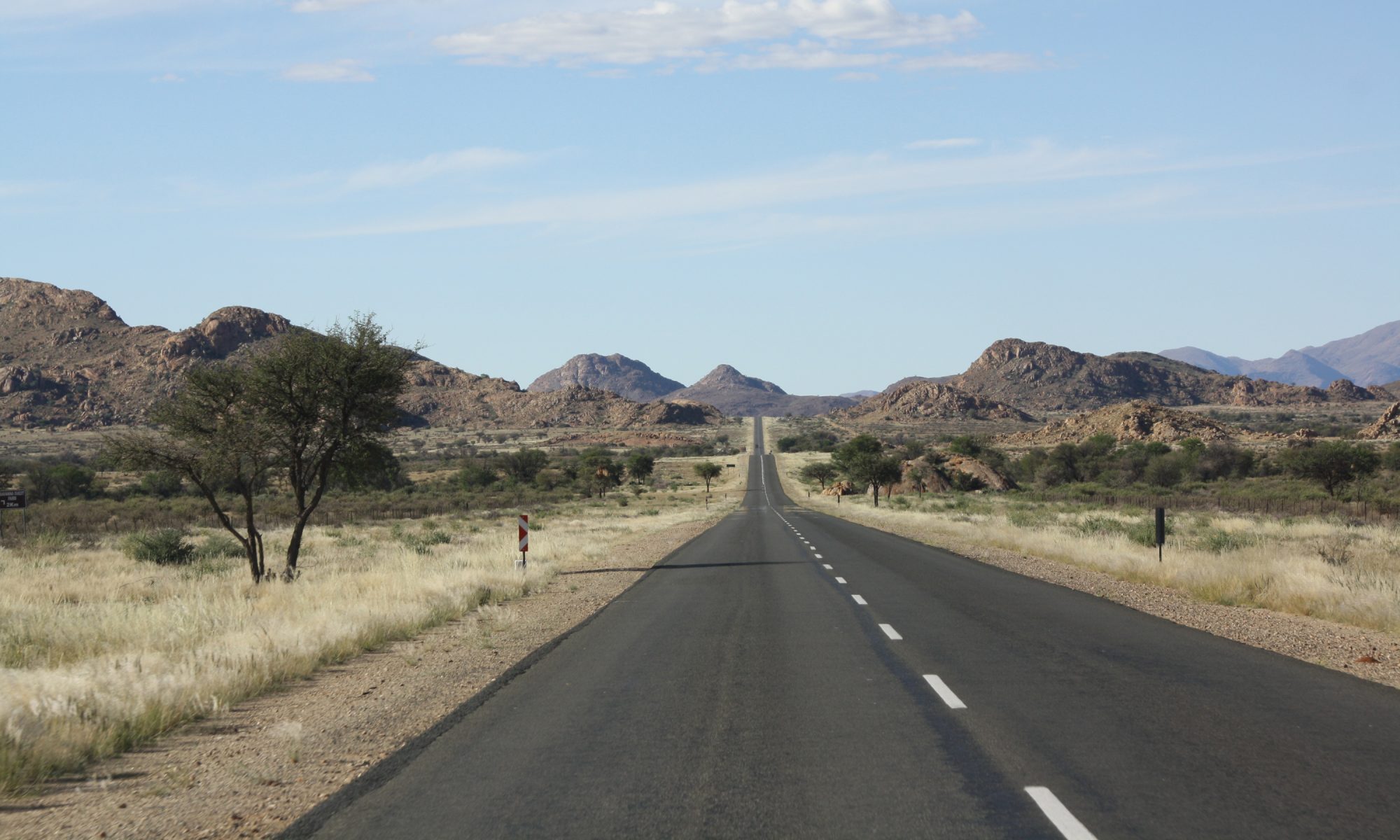New chapter out in The Oxford Handbook of Economic Imperialism, edited by Zak Cope and Immanuel Ness

Abstract
Physical infrastructure has been central to the century-long exploitation of Africa’s soil and peoples by external powers. This chapter sheds light on the pivotal role of railways in the political economies of historical and contemporary imperialisms in East Africa. It first recounts how rail infrastructure developments in Britain’s East Africa and Uganda Protectorates as well as in German East Africa fostered colonial primitive accumulation by forcing local and imported labour power to construct the means that would accelerate the theft of the continent’s natural wealth. In a second step, the chapter examines how contemporary infrastructure development in the region has continually served economic imperialisms. China’s transition from a provider of anti-imperial infrastructure, in the form of the Tanzania-Zambia Railway Authority (TAZARA), to a neo-imperial investor is problematized in the context of East Africa’s gradual integration into the Belt and Road Initiative (BRI). Drawing on David Harvey’s theorization of spatio-temporal fixes as a tendency inherent to capitalist imperialism, the chapter documents how debt-financed large-scale infrastructure projects, such as Kenya’s new Standard Gauge Railway, serve the geographical expansion of Chinese surplus capital and lock the region into Chinese-centred systems of accumulation. The chapter concludes that Africa’s contemporary infrastructure boom perpetuates the continent’s dependent integration into the global capitalist economy and facilitates new forms of accumulation by dispossession.
